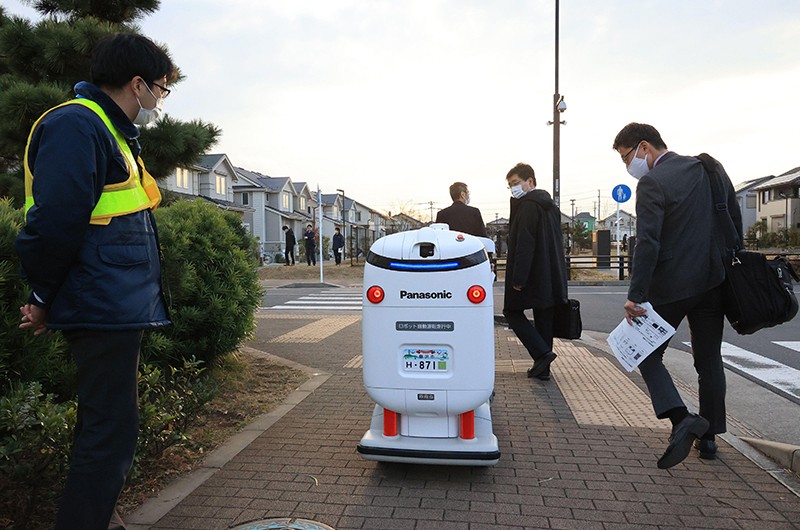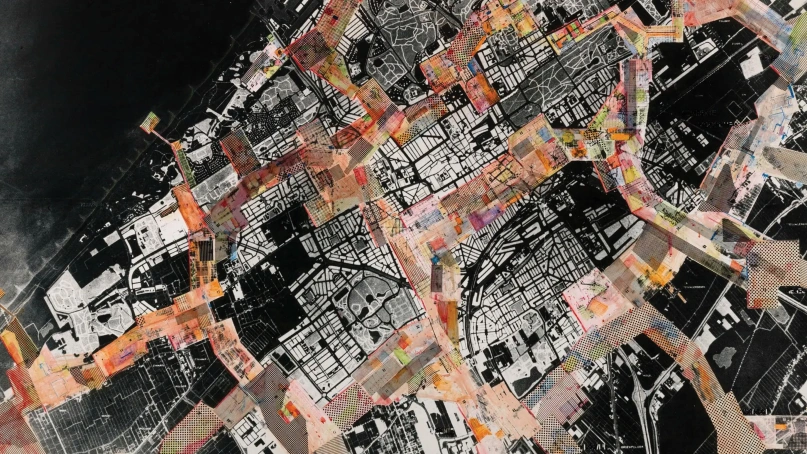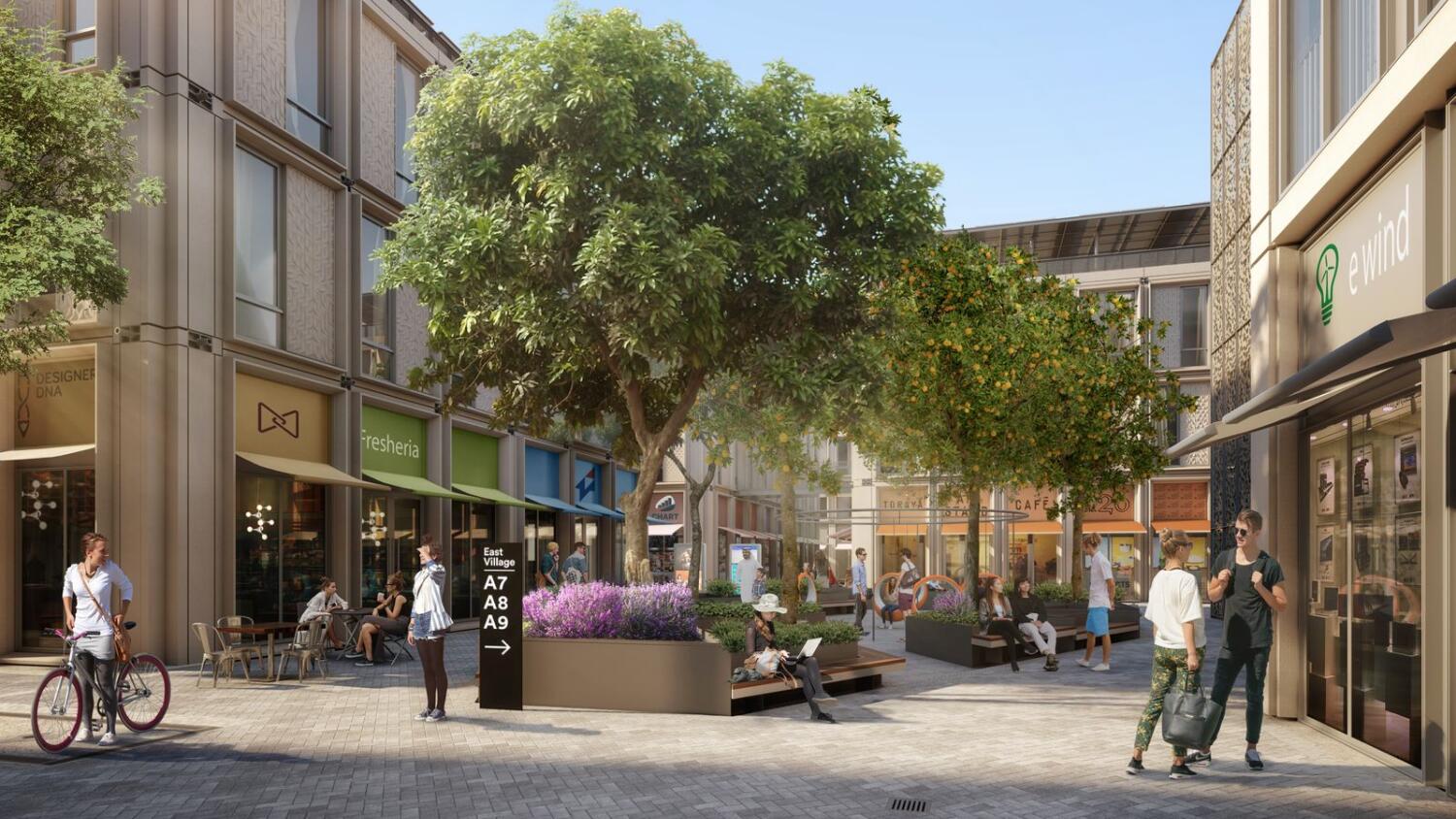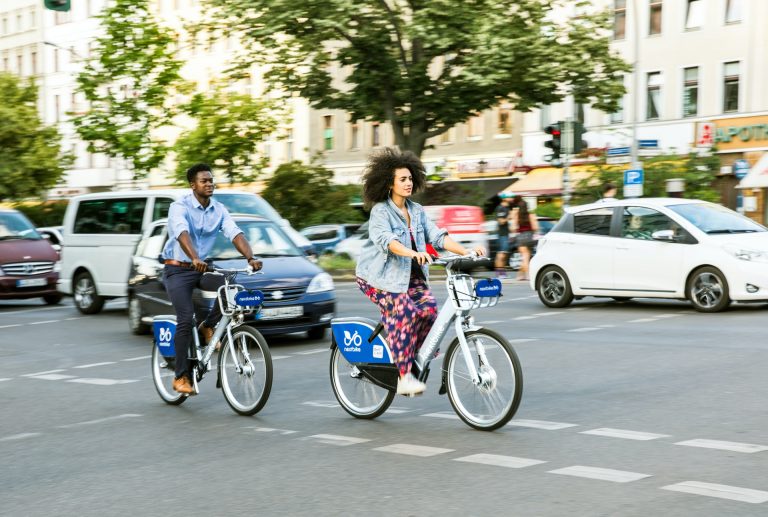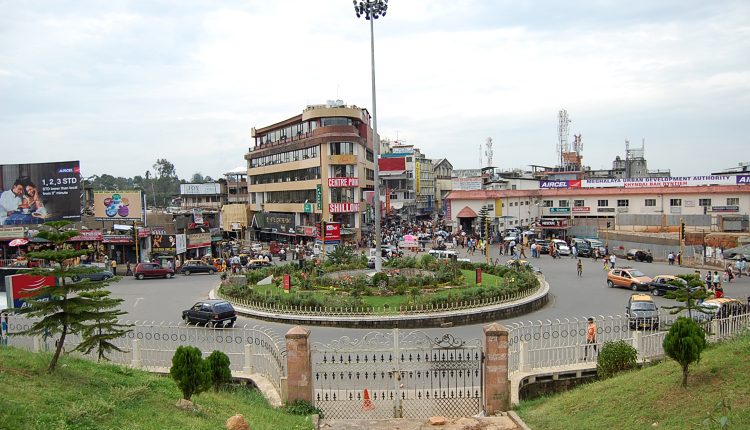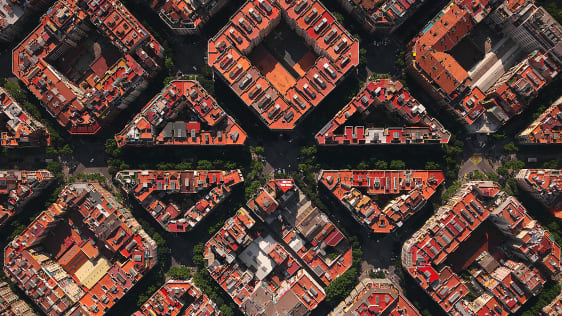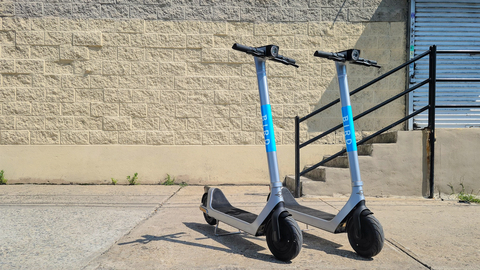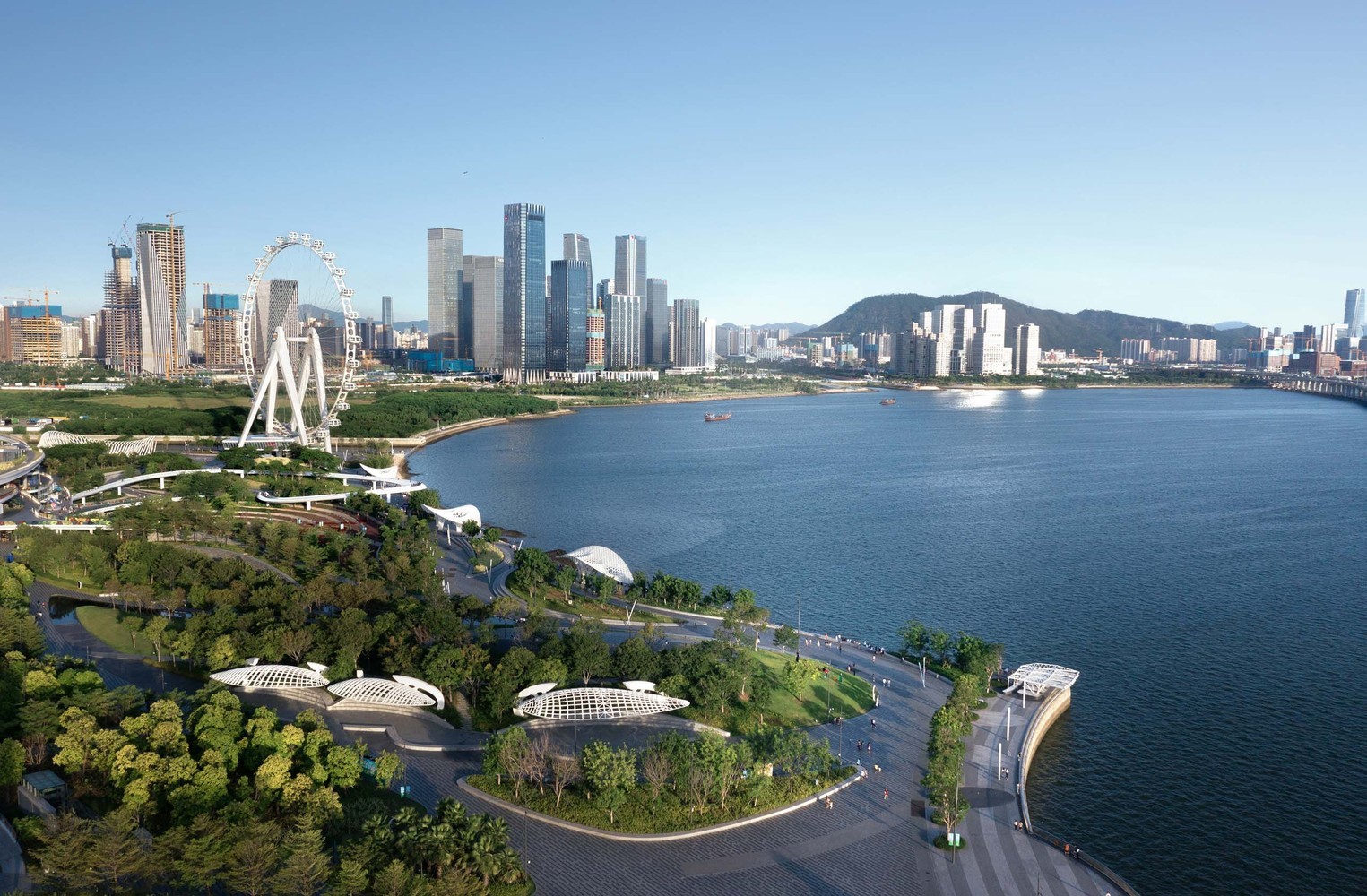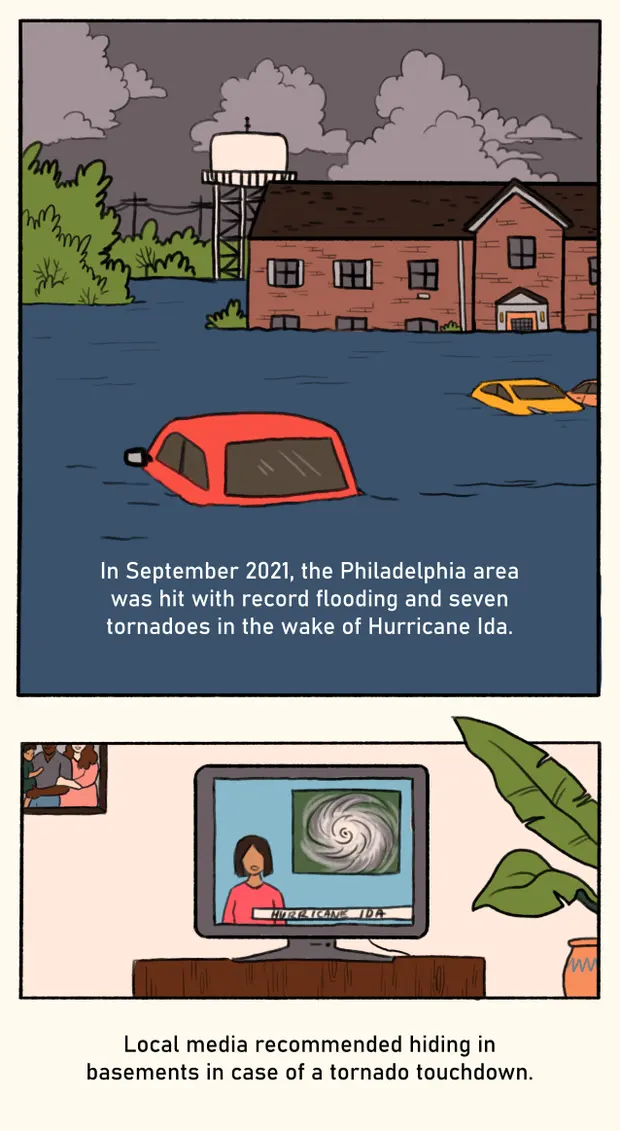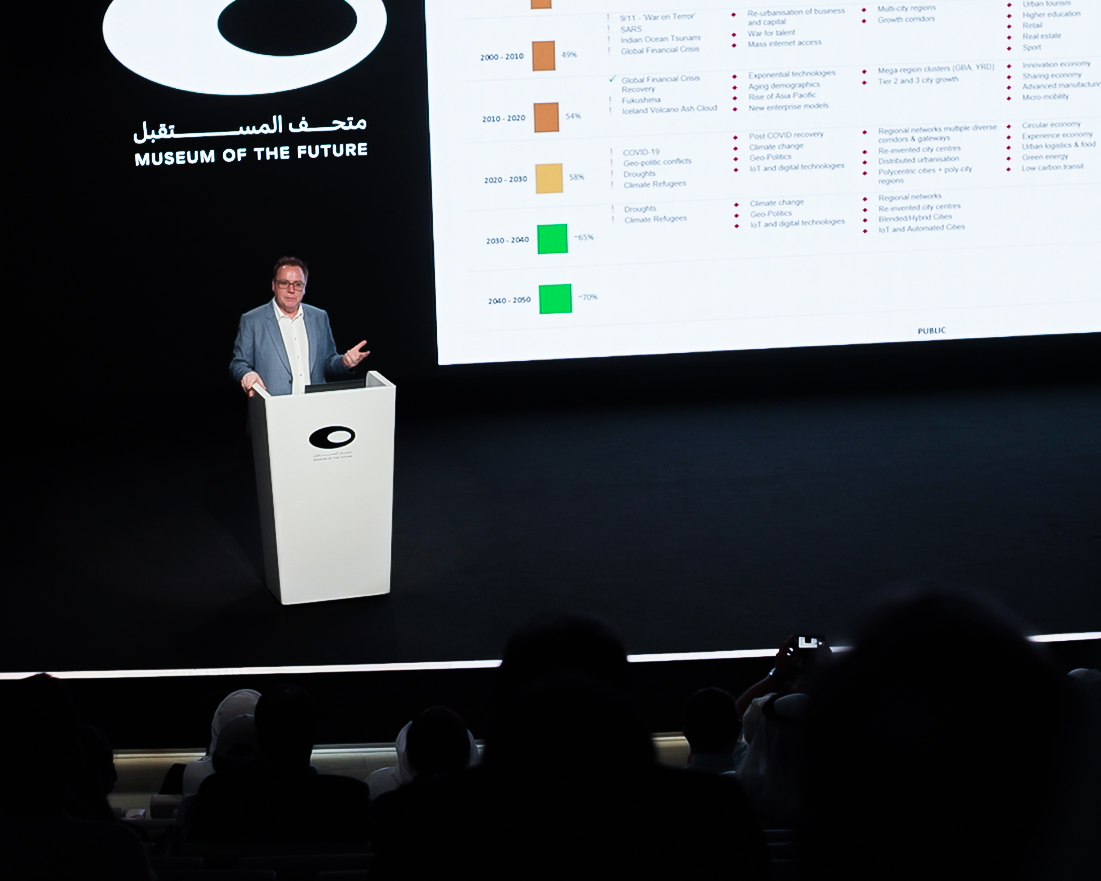
The emergence of societal issues associated with expanding urbanization at the same time as the growing need to reduce public budgets are two of the primary reasons why smart cities are gaining so much attention. According to the United Nations, the number of cities with a population of 10 million or more is expected to increase from 33 to 43 between 2018 and 2030. While urbanization is said to bring strong economic power due to the concentration of population and industry, it also has its risks – including the potential for increased congestion and environmental problems.
Expectations are rising for smarter cities and with the economic downturn caused by COVID-19, there is a need for more efficient urban management than ever before. Between 2020 and 2024, the smart city market, including the segments of energy, healthcare and security, is expected to grow at an annualized rate of 23%, amounting to approximately $2.1 trillion.
Advanced technology, including blockchain can play a key role in solving these societal issues and achieving efficient urban management. Blockchain enables network participants to exchange data with a high degree of reliability and transparency without the need for a centralized administrator. Cities have a variety of stakeholders and the exchange of data among stakeholders is essential for highly convenient urban services.
Blockchain is expected to be used for this data exchange. For example, Smart Dubai, with a mission to make Dubai the happiest and smartest city in the world, is developing use cases for blockchain across multiple sectors such as finance, education and transportation. For example, a project to facilitate enrollment procedures for students moving between emirates using blockchain is under way.
+INFO: World Economic Forum





